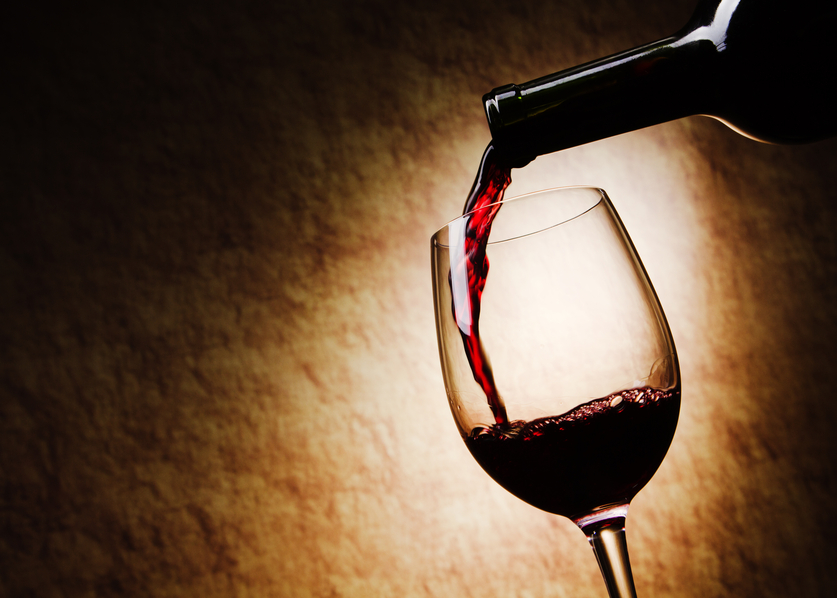A research study by the World Health Organization came stated that no amount of alcohol is safe for cancer prevention. In some analyses of previous studies, it is linked to breast, cervical, and mouth cancers. As a woman that enjoys wine and frequents Napa, it made me want to sort through the data a little.
Many of us read the research a number of years ago that said moderate alcohol had a protective effect on heart health, and so began enjoying a glass of wine with dinner. So how do we now align this with a possible increased risk of cancer? The report also sighted obesity, lack of exercise, high red meat consumption and habits such as smoking in its reported risks. Stopping smoking is still the number one way to prevent cancer.It is very common for the research to go back and forth. In my opinion, moderation is best if your other lifestyle habits are healthy.
For my female patients, I recommend less than 7 drinks per week. I still believe choosing beverages such as wine is a better choice due to the antioxidants present. Alcohol can be broken down into about 15 different cancer-causing chemicals. Our genes determine which chemicals we tend to make. Alcohol has been known to increase estrogen levels, which in the case of breast cancer can be negative.It can also interfere with how well we utilize and turn on our DNA. And we all have those friends that drink and smoke at the same time. This is even more of a negative combination that causes the greatest damage when done together. Alcohol and tobacco seem to have a negative synergy on certain types of tissue, such as the esophagus and lead to higher rates of cancer when used together. We of course need more research but we do know this: in the case of alcohol, less is more and less leads to increased lifespan. Have an honest conversation with your doctor about your risks for cancer and what you can be doing to prevent it. Be honest about your diet, lifestyle, and alcohol intake. Together with your doctor, you can make the choices that are right for you as an individual to help prevent cancer.
What changes are you willing to make to decrease your cancer risk?
